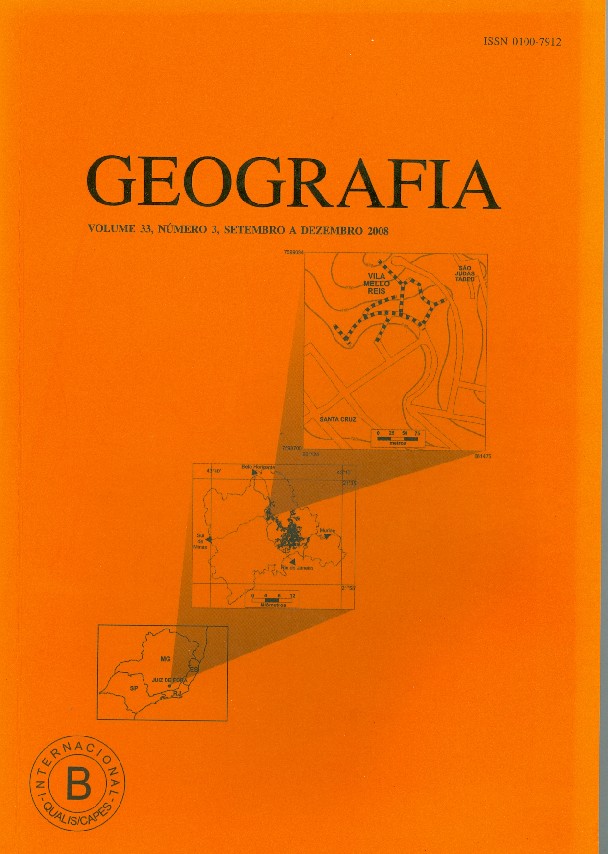Municipal policies in the context of the brazilian federation: the case of the rearrangement of boundaries in Holambra (SP)
Abstract
As opposed to the majority of federations, the Brazilian federation is organized based on three levels of law-making authorities. From the constitutional viewpoint, municipalities jointly with the Federated States, the Federal District, and the Union form the Brazilian Federation. In addition to having legislative attributions, municipalities are also responsible for ensuring rights in connection with the exercise of citizenship, and among their duties are found the essential tasks of energizing the relations life of places. In a territory of continental dimensions such as in Brazil, throughout history municipalities have carried out the task of actually conveying the functions of the State to places where the Union and state governments are not present. As portions of Brazilian territory suffer increasing international influence, with the presence in those locations of global economy vectors, new local dynamics are produced. As new events, promoters of the territory’s new uses are demanding in political regulation, municipalities are also called on to exercise their law-making function for the economic side of the relations life of places. Municipalities exercise their local autonomy by handling norms on the one hand and territorial configuration on the other, in particular boundaries. Hence, the country’s political and administrative map is re-designed. This is the case in Holambra (SP), a municipality created in the 90’s and which is now requesting a review of its boundaries as a manner of locally solving the conflict between the social use and corporate use of territory in a federative context. Key words: Federation. Municipal policies. Internal boundaries.Published
Issue
Section
License
The authors maintain the copyright and grant GEOGRAFIA the right of first publication, with the articles simultaneously licensed under the Creative Commons BY 4.0 License, which allows sharing and adapting the articles for any purpose, as long as appropriate credits and provisions of image rights, privacy or moral rights. Other legal attributions can be accessed at: https://creativecommons.org/licenses/by/4.0/legalcode.en.
Geography, Rio Claro, SP, Brazil - eISSN 1983-8700 is licensed under the Creative Commons BY 4.0 License.





